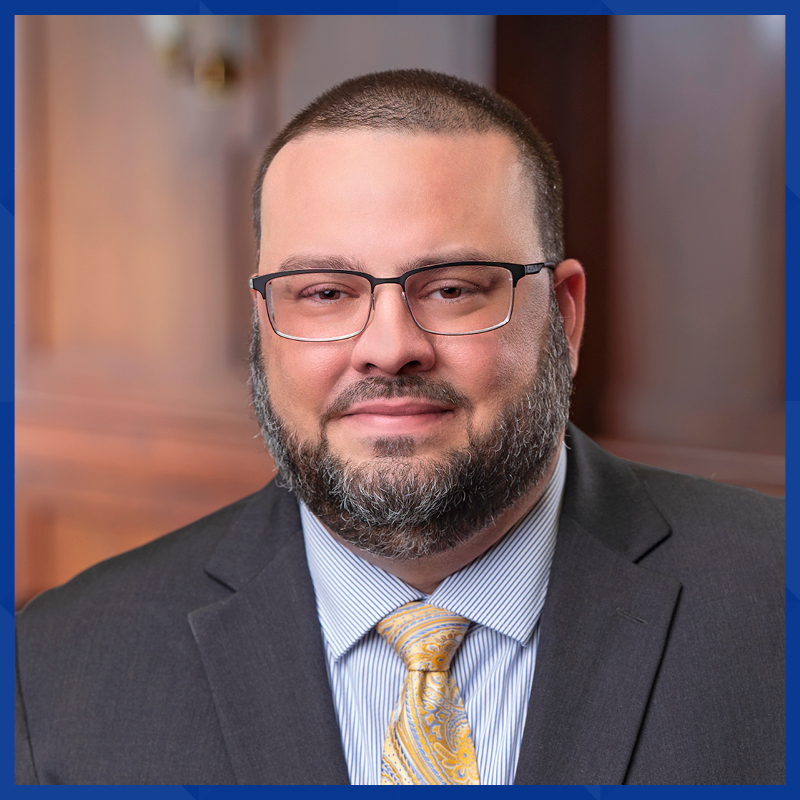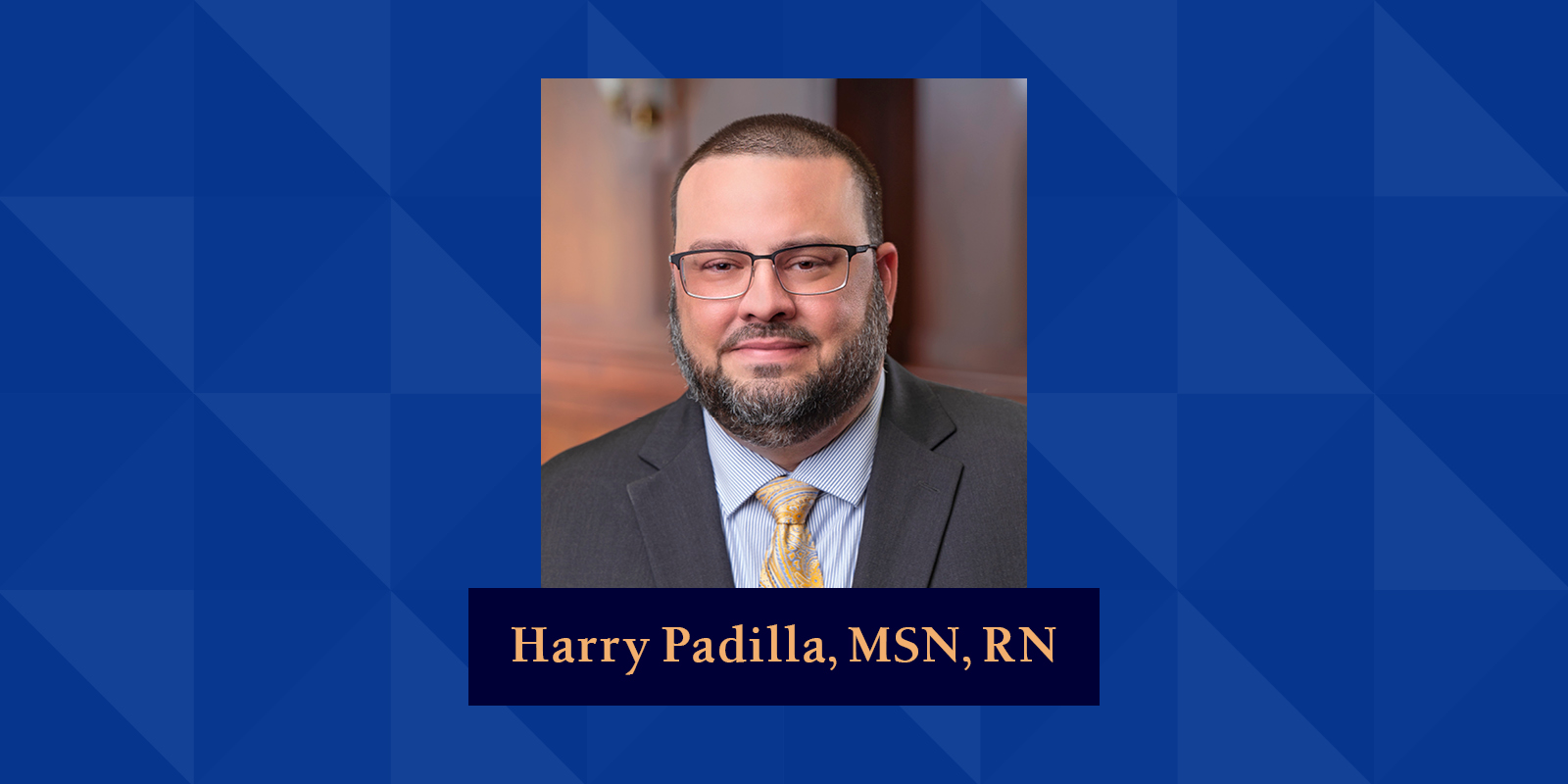
When it comes to health care, one of the most vulnerable populations in Central Pa. is the Hispanic community. Particularly concerning is the treatment of mental health within this demographic. The potential language barrier, coupled with the cultural nuances, can create significant hurdles in ensuring effective communication and treatment. Harry Padilla, the Chief Nursing Officer at PPI, gives us an insight into these challenges and the proactive steps taken to bridge these gaps.
The Challenges
According to Padilla, the most significant barrier is indeed the language. From his experience, he notes that it’s not just a matter of translation. It’s also about understanding the cultural implications behind words and phrases. This barrier extends beyond just communication, impacting the interpretation of diagnoses and treatment recommendations.
“The removal of the barrier of communication alleviates some of the stress from an already high-stress situation,” said Padilla. “Translation services allow the patient to understand the treatment plan that will be administered and how it will impact them.”
There’s also a prevalent stigma in the Hispanic community regarding mental health. This is especially pronounced among the older generation, where conditions like depression and anxiety aren’t recognized as medical issues. “They sometimes see it as a lack of willpower or something that’s self-inflicted,” Padilla adds. He believes that a mix of cultural beliefs and a lack of education perpetuates this stigma.
Furthermore, access to early mental health care poses another significant challenge, particularly in urban areas that have a higher proportion of Hispanic communities. Drawing from his personal and professional background, Padilla reveals the stark disparities in access to care. “Many from inner cities face numerous barriers to getting the mental health care they need, often resorting to emergency departments as their primary means of care,” Padilla remarked. Witnessing the severe consequences of this limited access in his community, where individuals suffered from untreated conditions until they escalated to critical levels, became a driving force in his commitment to mental health care. Padilla strongly advocates for early intervention, emphasizing that “early treatment is preventive treatment.” The goal is to stave off critical breakdowns and other severe consequences of untreated mental health issues. It’s crucial to ensure that everyone has timely access to care before situations escalate into crises.
Proactive Measures
At PPI, efforts have been made to address these challenges head-on. The addition of a Hispanic Clinic, staffed with Spanish-speaking providers, has been a major milestone. They’ve also incorporated live interpreters into the system to aid communication. “The goal is to ease communication, alleviate stress and create a comprehensive treatment plan that the patient understands and can actively participate in,” shares Padilla.
Moreover, PPI has invested in technological solutions. A new computer program, in particular, aids in bridging the communication gap. The on-ground staff, equipped with this toolkit, can effectively communicate, and thereby treat their patients more efficiently.
Training and Cultural Sensitivity
It’s not enough to have the tools; understanding how to use them is equally critical. PPI ensures yearly training sessions on cultural expectations and sensitivities. This training might not immediately strike as essential, but Padilla observes, “Once staff encounters real-life scenarios and applies the training, there’s this ‘aha’ moment where the value of the training truly shines.”
In response to the growing Hispanic population, PPI has been actively looking to hire bilingual staff. Job descriptions now mention “bilingual preferred” to attract the right talent. However, Padilla notes, “It’s becoming harder to find such professionals.” To counter this difficulty, the team at PPI has invested in greater outreach to find the right candidates to serve the local community.
Case in Point
Drawing from real-life examples, Padilla recalls the challenges faced when dealing with Hispanic children in the child and adolescent departments of PPI. “The cultural reluctance towards medicating their children is a significant hurdle,” Padilla states. Through repeated education and counseling sessions with the parents, they often see the children improve, lighting up their world once more.
“Mental health is health too,” urges Harry Padilla. It’s a call for everyone, irrespective of their cultural background, to prioritize mental well-being just as they would a physical ailment. With professionals like Harry Padilla and institutions like PPI, the journey toward better mental health, especially within the Hispanic community, seems a little more navigable.
Learn More About PPI’s Services
Understanding and communicating mental health needs in one’s native language can make all the difference. At PPI, we are dedicated to serving the Spanish-speaking community, ensuring they have access to quality care tailored to their unique needs. Our bilingual team provides outpatient services, including psychiatric evaluations, medication management and therapy for children (aged five and up), adolescents and adults. We emphasize family involvement, delivering comprehensive treatment with cultural sensitivity. Here, language is no barrier to mental well-being.
Visit our website to learn more.
Continue Your Journey to Learn More About Mental Health in the Hispanic Community
Visit the below resources to learn more about mental health and the Hispanic and Latinx communities:

